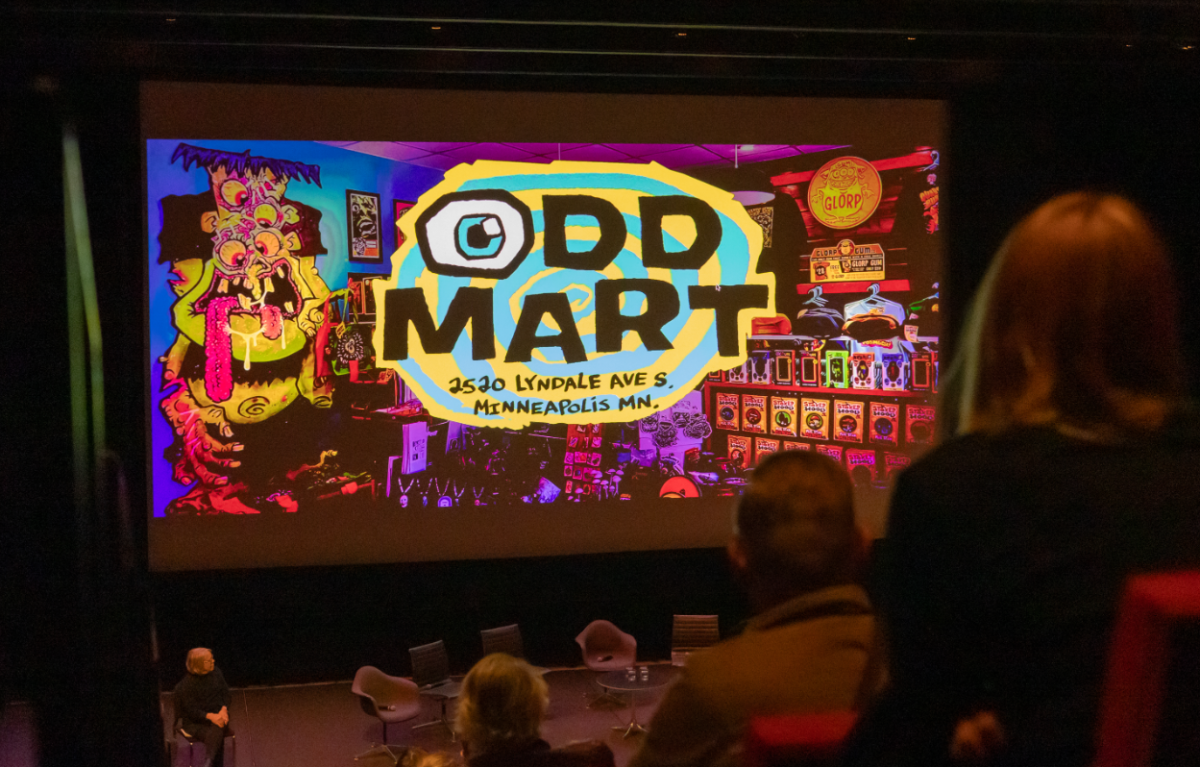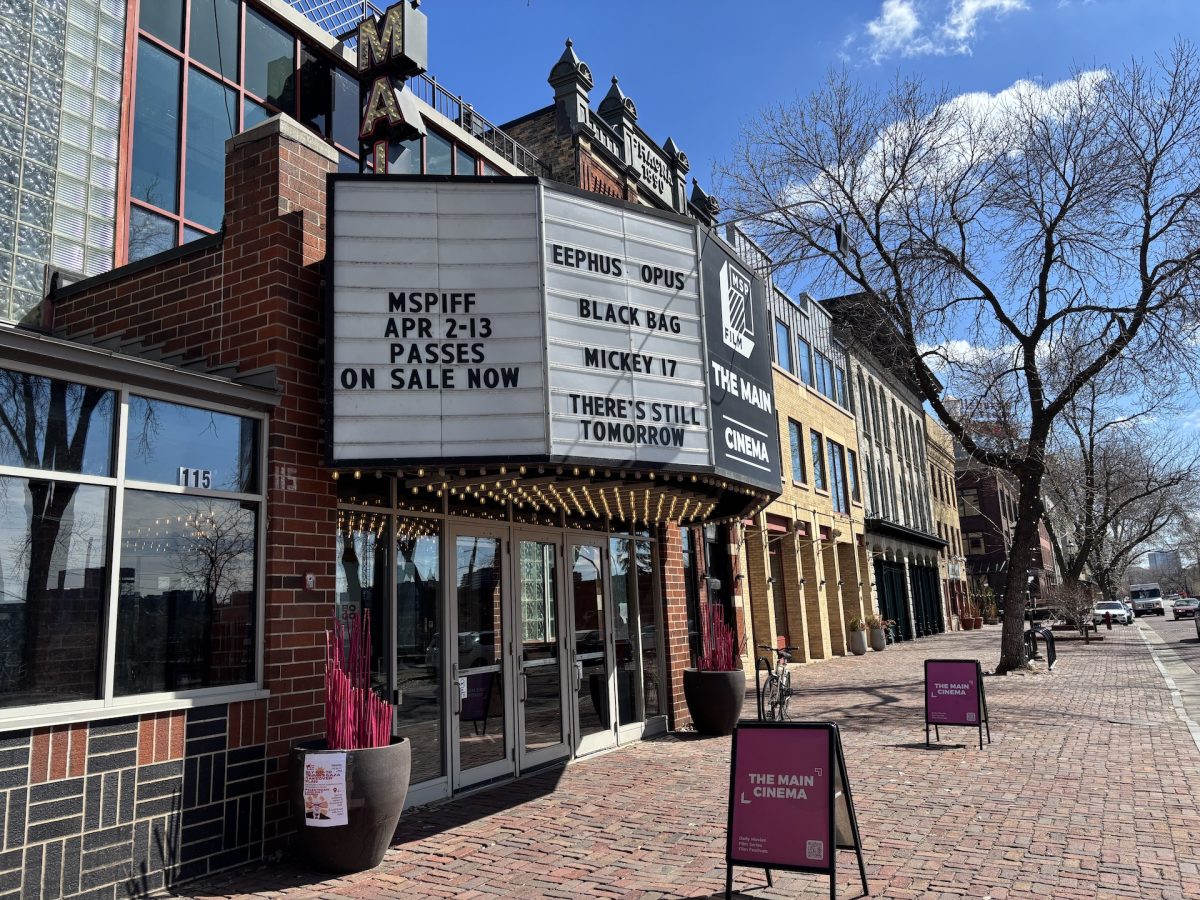Luke Heiken is no drone. He’s grizzled, gregarious and a model father. A transplant from the harsh milieu of Grand Rapids, he’s a man of the woods raised on punk rock.
For a gruff-looking guy, Heiken is a gentle visionary and a man with a conscience. A drone-music aficionado, he is the driving force behind the Drone Not Drones concert, a 28-hour-long continuous drone with musicians circling in and out. The concert is in benefit of Doctors Without Borders, with a specific emphasis on raising awareness about and helping the victims of drone strikes.
Drone music is, at its core, a form of meditation. It draws in listeners with complex, singular motifs and dissonant dragging notes. When you’re focusing on the music, it has the potential to lead you into a state of enlightened consciousness. It’s also great music to fall asleep to, forcing the listener to concentrate on the music rather than brain chatter. It works for Heiken, too.
“There was one drone album I used to listen to every time I went to sleep,” he said. “If Thousands [a Duluth drone band] had an album called ‘Lullaby,’ and I was purposefully listening to a sound as quiet as possible.”
Drone music has been an important part of Heiken’s life for the last 10 years. He was introduced to it by Alan Sparhawk, frontman of the Duluth indie rock band Low.
For Heiken, drone is “music that goes nowhere, slowly”, that “gets you out of your head” and “does things that pop music — verse and chorus songs — doesn’t do for you.”
Will Heiken be able to make it through all 28 hours of Drone Not Drones?
“I’ll try. I can go into the green room and take a nap if I feel like it,” he said.
As for the concertgoers, it’ll be trial too.
“They can fall asleep if they want,” Heiken added.
The concert will feature a variety of experimental and noise acts. The current lineup includes a range of musicians, from electronic journeyman Dosh to jazz bassist JT Bates to vocal group Prairie Fire Ladies Choir.
“It would be amazing if we had a couple hundred people in there for the whole 28 hours,” Cedar Cultural Center Marketing Director Michael Rossetto said.
Though “drone, not drones” was made famous by Sparhawk last summer at Rock the Garden, the phrase is originally Heiken’s. It began as a movement around March or April of last year to raise awareness of drone strikes and their victims. Originally, Heiken was looking for a catchy phrase to print on T-shirts.
The buzz came overnight.
“Once the Low thing happened, I had to strike while the iron was hot,” Heiken said.
Heiken said the phrase was meant to be a clever slogan to raise awareness of drone strikes but not necessarily exude meaning.
“Because I like drone music, I was trying to think of a cliché bumper sticker about drone,” he said.
But the message isn’t getting lost in the music, Heiken said, and for him, the political meaning is more important than ever.
“[People] know there’re drones and that people are dying, but they don’t fully understand what’s going on,” Heiken said. “They use these phrases like ‘targeted killing’ or ‘signature strike’ — it’s a ridiculous thing.”
Heiken told a grim story about Abdulrahman al-Awlaki, a 16-year-old American killed by an airstrike in Yemen whose estranged father was a suspected terrorist.
“He was sitting outside a café with a bunch of his friends, and they blew them all up,” Heiken said.
Heiken said the attack on al-Awlaki makes it clear the line has been crossed many times — that the strikes should never have begun.
Though he doesn’t think Drone Not Drones will create large-scale change, Heiken has drawn considerable attention locally for his work. The least he can do is protest peacefully for 28 hours with some noise that will, in Heiken’s words, “make a stink about it.”
What: Drone Not Drones
When: 7 p.m. Friday
Where: Cedar Cultural Center, 416 S. Cedar Ave., Minneapolis
Cost: $10 in advance; $20 at the door.
Age: All ages













